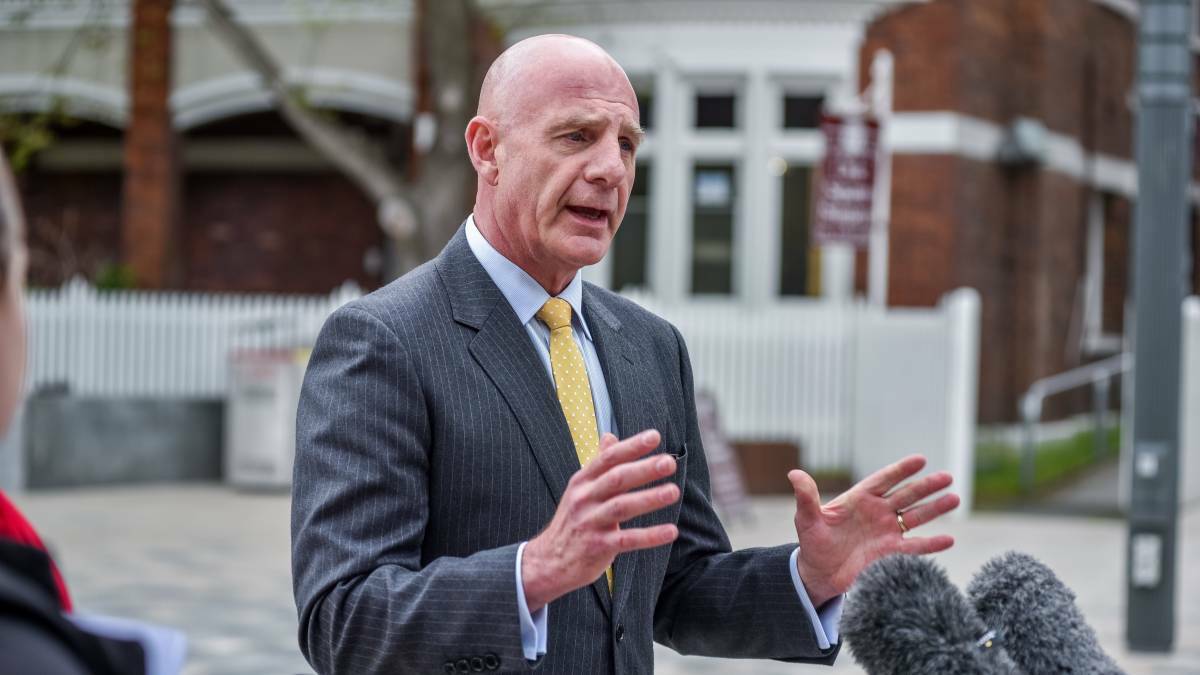
Premier Peter Gutwein's announcement that the Tasmanian government will legislate for a target of net-zero emissions by 2030 is a move that should be applauded.
Subscribe now for unlimited access.
$0/
(min cost $0)
or signup to continue reading
The commitment will lock Tasmania into continuing to maintain a net-zero target, an aspirational goal the state has already met in six of the past seven years, thanks largely to a sizeable reduction in emissions from agriculture and forestry sectors.
The announcement coincided with the results of the latest Climate of the Nation report on Wednesday, which found an overwhelming majority of Australians are concerned about the climate crisis.
That authoritative annual survey, administered by the Australia Institute, found three-quarters of respondents nationwide are concerned about the effects of climate change, the highest level in the report's 14-year history.
Those results suggest that in addition to being ecologically beneficial, positive climate change action is also more electorally popular than it has ever been.
Critics may fairly point to the indisputable fact that Tasmania has a clear natural advantage over many mainland states due to its long-term embrace of renewable energy, particularly hydroelectricity.
But it is worth noting that the Gutwein government's pledge comes in the same week that Queensland's Parliament voted in favour of the far more modest goal of achieving net-zero emissions by 2050.
The Victorian government has already made a similar legislative commitment to Queensland, and other states including NSW and South Australia have also mentioned 2050 as an aspirational target to reach net-zero.
Prime Minister Scott Morrison is yet to confirm he will attend the UN Climate Change Conference in Glasgow later this month, let alone commit to net-zero emissions in nine years' time.
By enshrining its net-zero ambitions into law, the Tasmanian government has not only provided much-needed certainty around climate change policy, it has indeed taken what Mr Gutwein described as a "nation-leading" target.

